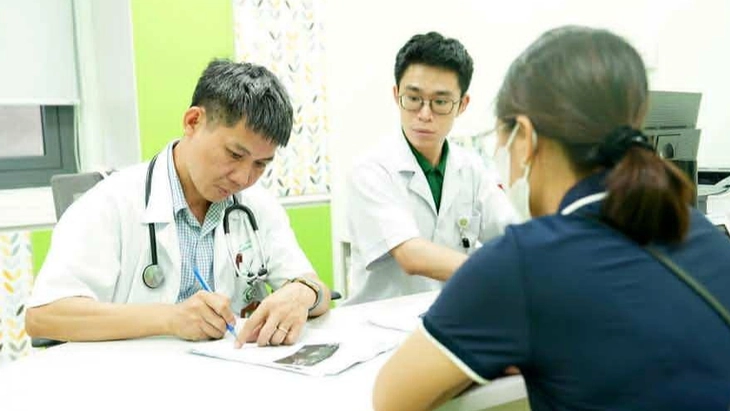
Doctor Nguyen Quang Bay examines a patient - Photo: BVCC
Hospitals say the number of young people with diabetes has been increasing in recent years.
Many young people have diabetes
Being at the "most energetic" age of her youth, Ms. Hoan (25 years old, Hanoi ) never thought that she would have diabetes. Since childhood, she had a habit of eating sweets. Growing up, she often ate on a whim, sometimes skipped meals, and often ate at irregular times.
Recently, she often felt tired and thirsty and went to the hospital for a health check. The doctor diagnosed her with pre-diabetes, and if she did not adjust her diet and lifestyle, the disease could be very difficult to control.
H. (16 years old, Hanoi) started with symptoms of cough, fever, frequent urination and thirst. However, the family thought their child had a common cold so they gave him fever reducer, water and electrolyte replacement medicine. After a few days, H. vomited, fell into a coma and was hospitalized in emergency condition.
At the hospital, H. was diagnosed with respiratory infection, ketoacidosis, type 1 diabetes with blood sugar levels nearly three times higher than normal. Fortunately, H. received timely emergency care and intensive treatment with intravenous insulin and fluid replacement to help stabilize her condition.
In recent years, many hospitals have admitted young people with diabetes, many of whom came in emergency, suffering from type 2 diabetes.
Doctor Nguyen Quang Bay, head of the endocrinology and diabetes department at Bach Mai Hospital (Hanoi), said that if in previous years type 2 diabetes was considered a risk after the age of 35 and rarely found in people under the age of 40, it is now found in young people under the age of 35, both in children and patients under 18 years old.
Diabetes mellitus (also known as diabetes) is a chronic disease that occurs when the body does not produce enough insulin or cannot effectively use the insulin it produces, resulting in high blood sugar levels.
According to information from the Central Endocrinology Hospital, with the development of society, the rate of type 2 diabetes in young people is increasing. The rate of young patients with diabetes accounts for about 20-30% of the total number of patients diagnosed and treated at the hospital.
Why is diabetes getting younger?
Dr. Nguyen Manh Tuan, Department of Adult Endocrinology, Central Endocrinology Hospital, shared that type 2 diabetes usually appears in middle-aged people. However, in reality, the hospital receives many cases of patients with type 2 diabetes at a very young age.
A typical case is a 22-year-old patient with a history of obesity since childhood. Although he only ate a bowl of rice per meal, due to good absorption, his weight remained high as an adult.
The patient shared that he had tried to lose weight but his health was not guaranteed due to an inappropriate diet so the time did not last. And when he went to the Central Endocrinology Hospital for examination, he discovered he had type 2 diabetes.
According to Dr. Tuan, at the age of 22, the main risk of type 2 diabetes is obesity, a diet rich in carbohydrates and fat, and lack of exercise. The disease has progressed over a long period of time with symptoms of thirst, drinking a lot, and urinating a lot.
"Currently, type 2 diabetes is showing a tendency to get younger. The cause is obesity, combined with some genetic or external factors such as stress, foods high in antioxidants, preservatives... will lead to type 2 diabetes.
Typical symptoms of this dangerous disease are high blood sugar along with many other complications of the heart, liver and kidneys," said Dr. Tuan.
Medical experts say that some children get sick due to unscientific lifestyle and diet when they spend too much time watching TV, using phones, computers, etc.
Doctor Nguyen Quang Bay noted that overweight and obese children are at high risk and need special attention. In particular, children aged 14 and 15 who are overweight and obese, with characteristics that need attention, such as obese children with acanthosis nigricans on the nape of the neck or possibly in the armpits, need to be monitored for diabetes.
"Rough black patches of skin are a warning sign of insulin resistance in children, and are more common. The sign of acanthosis nigricans on the nape of the neck is also related to insulin resistance and diabetes, which is a manifestation of insulin resistance," said Dr. Bay.
Medical experts recommend that when experiencing symptoms such as increased thirst, frequent urination, weight loss, slow wound healing, fatigue, numbness in the limbs, feeling like ants crawling, needles pricking, blurred vision, etc., people should go to a medical facility to be examined by a doctor. Early detection of prediabetes or type 2 diabetes will help with early treatment, avoiding dangerous complications.
How to prevent diabetes?
According to Dr. Bay, up to now, there have been many studies that have evaluated and confirmed the effectiveness of diabetes prevention methods from the early stages of the disease, better than pre-diabetes or even when the body is completely normal.
Preventive measures include lifestyle changes and other interventions, such as surgery for obese people. Among them, lifestyle changes, healthy eating, regular exercise are the cheapest and most effective methods, but require perseverance and persistence.
Nutritional notes for people with diabetes
According to Dr. Le Hong Dan - Central Hospital of Tropical Diseases, the basic principle in the diet of diabetic patients is to limit glucid (sugar and starch) as much as possible, this has the effect of avoiding hyperglycemia, limiting saturated fatty acids to avoid metabolic disorders.
However, the diabetic diet does not require complete abstinence from sugar and starch. In the diet, you can still choose to eat whole grains rich in vitamins and minerals that are good for health, especially fiber that is good for digestion as well as slowing down the increase of blood sugar.
A note for diabetics is that when using supplements, nutritional foods such as milk, they should reduce their food intake. Besides, if the patient can still eat additional food groups, there is no need to use milk to supplement energy.
Patients should also consult their doctor to follow a safe diet during treatment.
Source: https://tuoitre.vn/bao-dong-nguoi-tre-mac-benh-dai-thao-duong-20250707225906686.htm


![[Photo] General Secretary To Lam receives Vice President of Luxshare-ICT Group (China)](https://vphoto.vietnam.vn/thumb/1200x675/vietnam/resource/IMAGE/2025/11/15/1763211137119_a1-bnd-7809-8939-jpg.webp)

![[Photo] Prime Minister Pham Minh Chinh meets with representatives of outstanding teachers](https://vphoto.vietnam.vn/thumb/1200x675/vietnam/resource/IMAGE/2025/11/15/1763215934276_dsc-0578-jpg.webp)







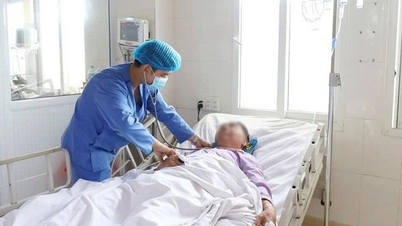


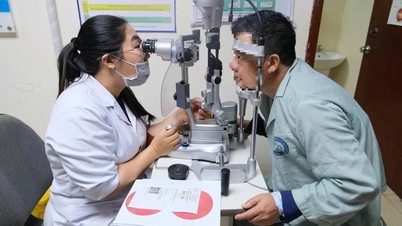
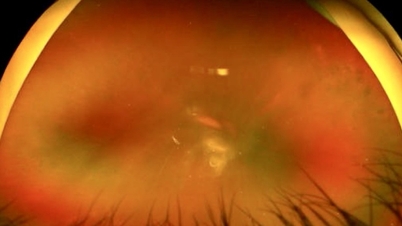





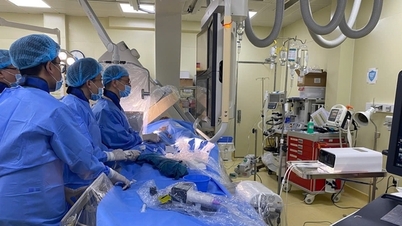
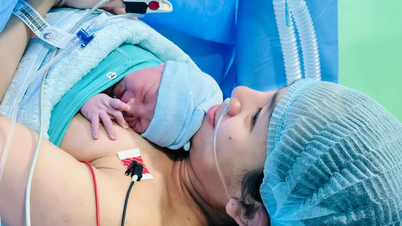
















































































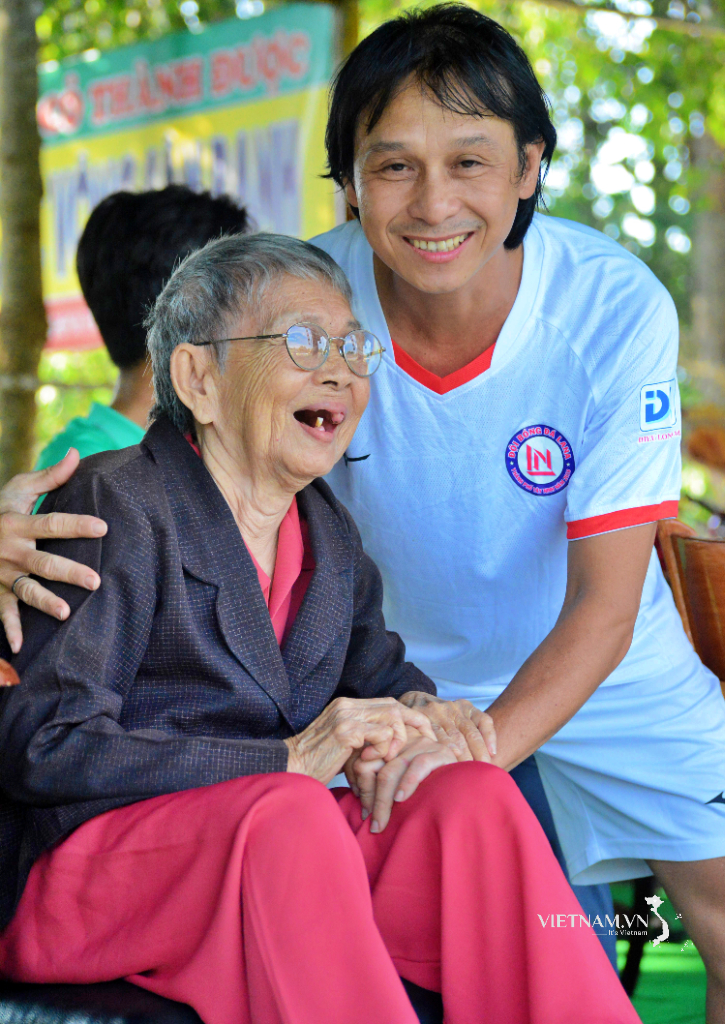

Comment (0)